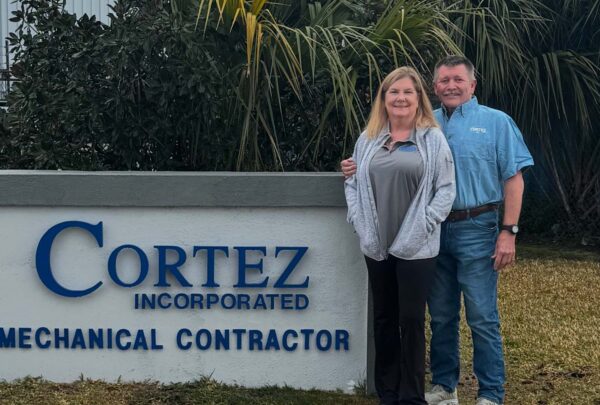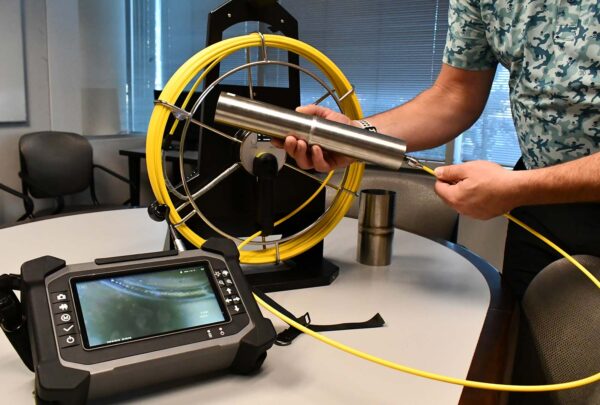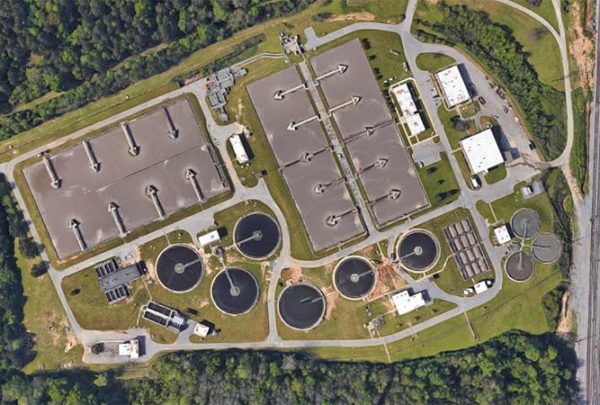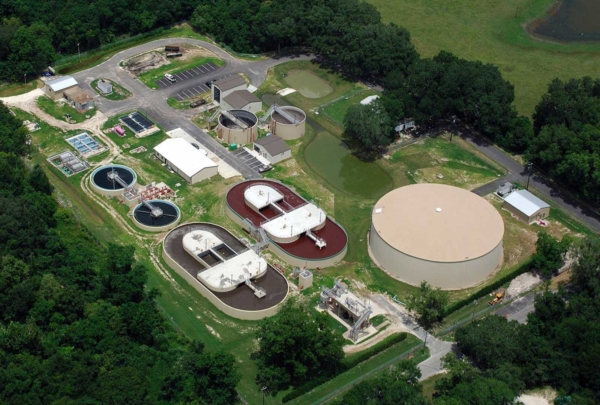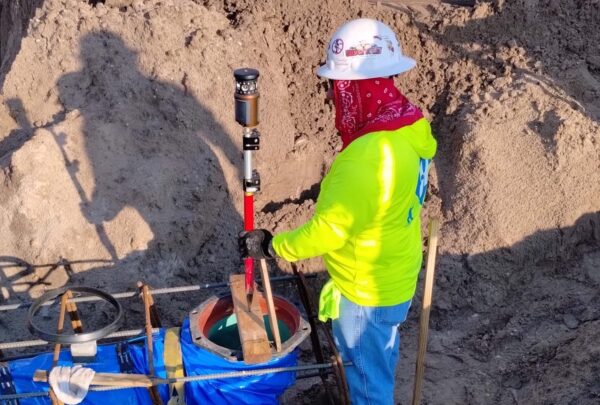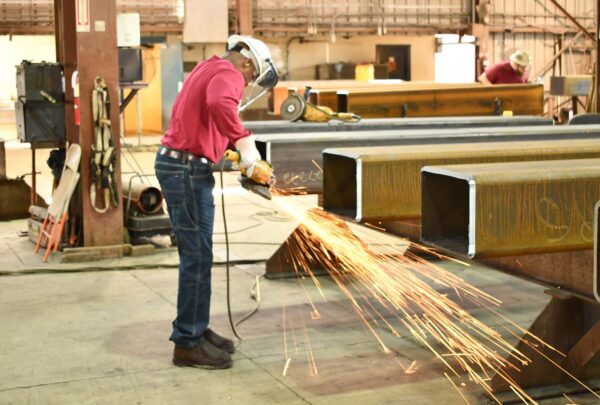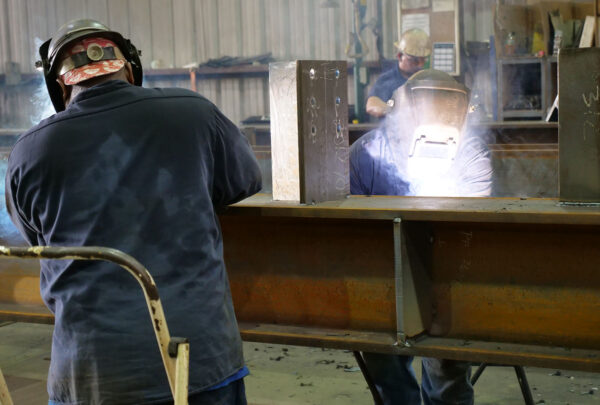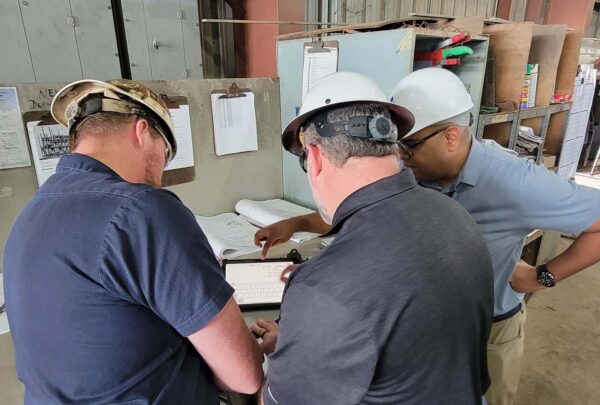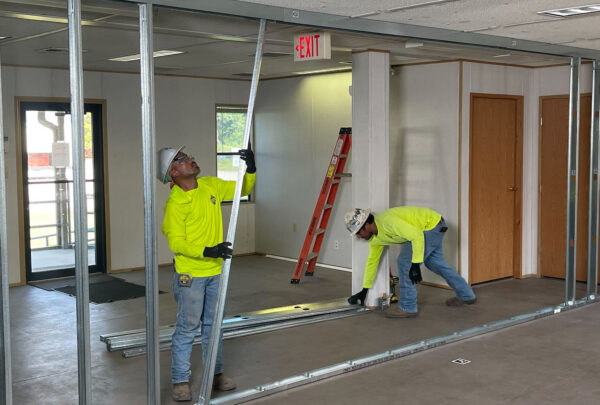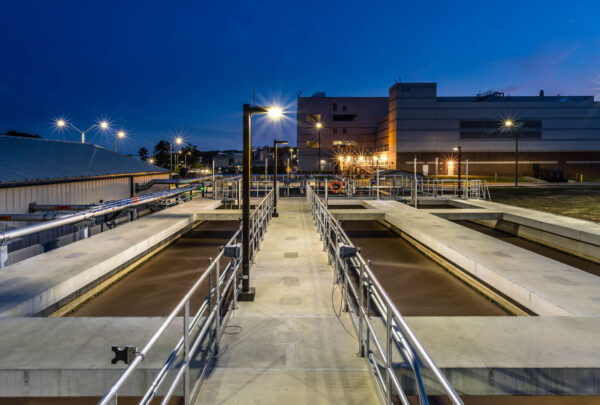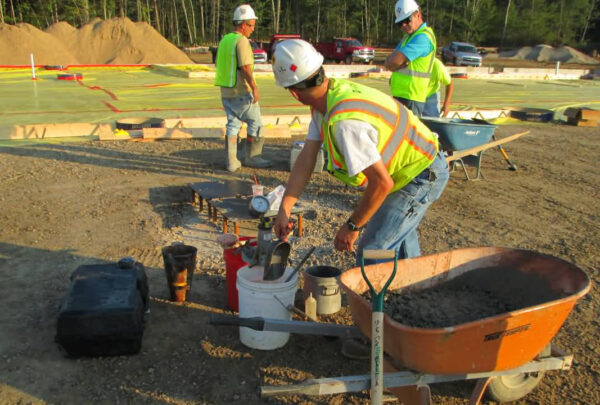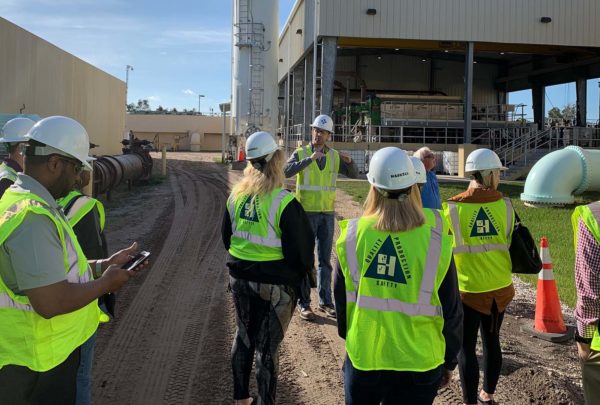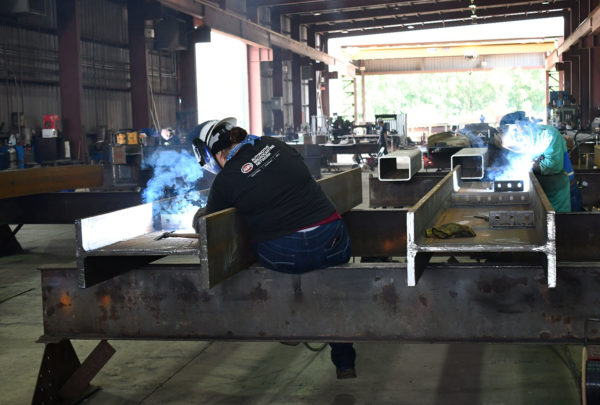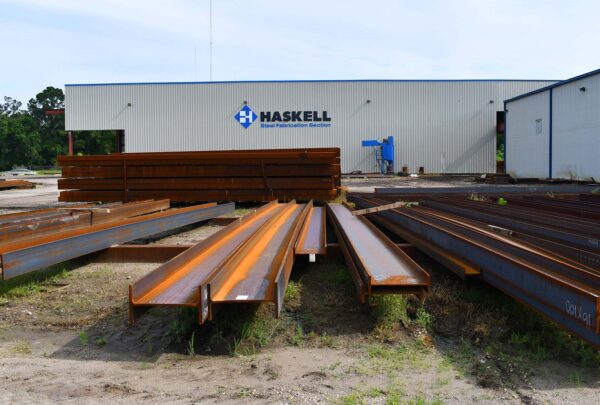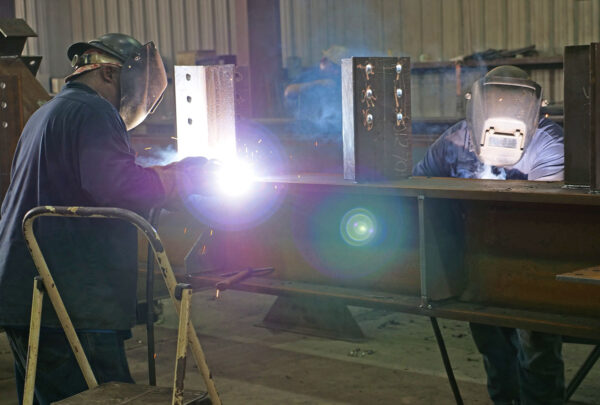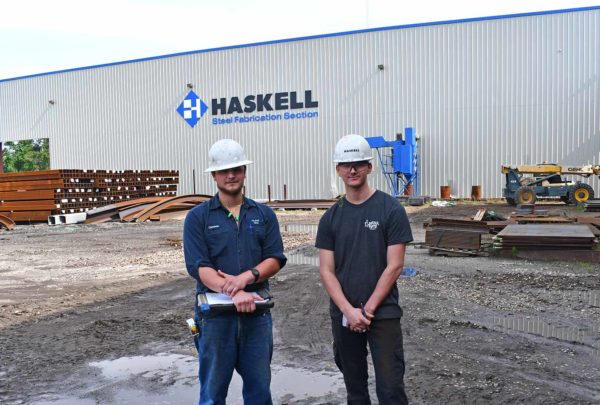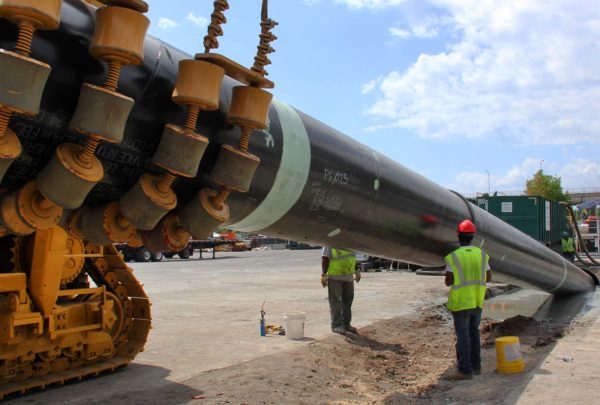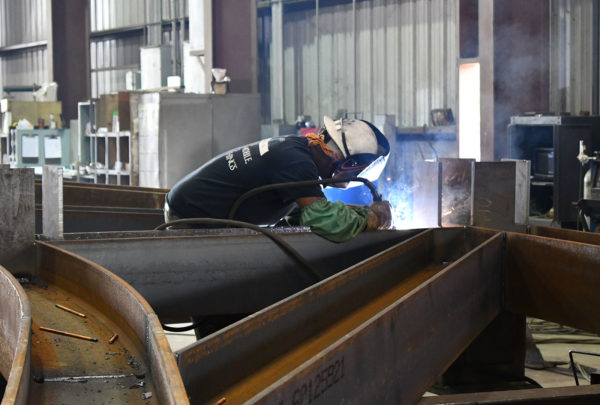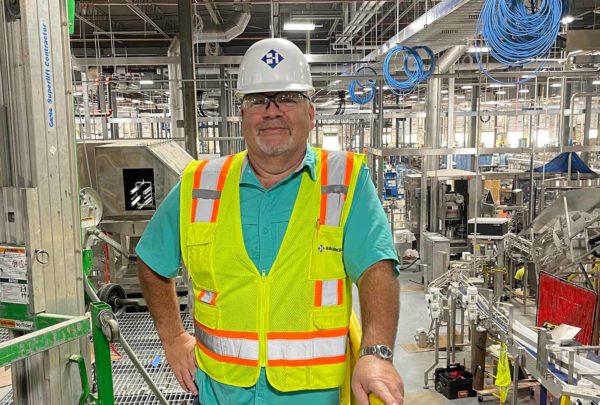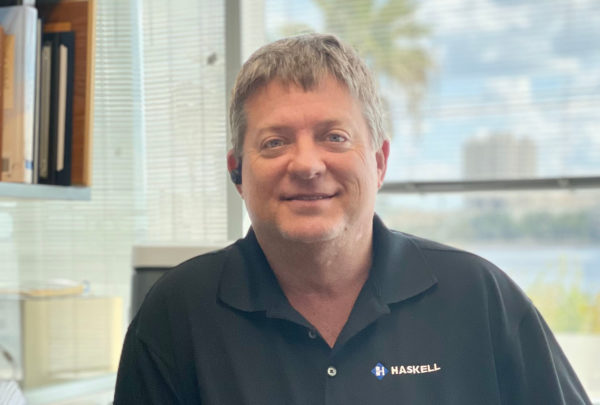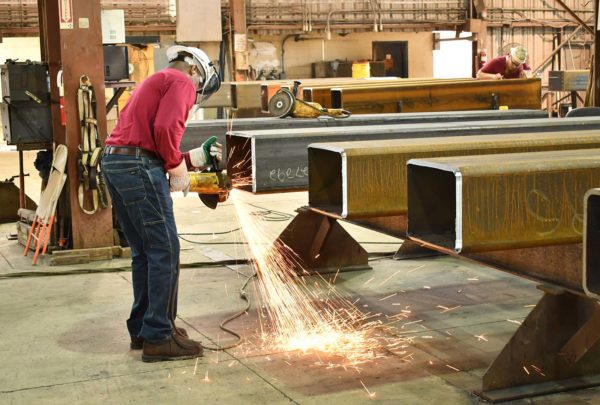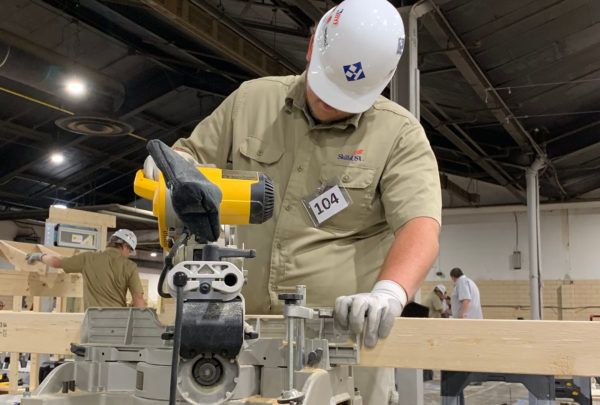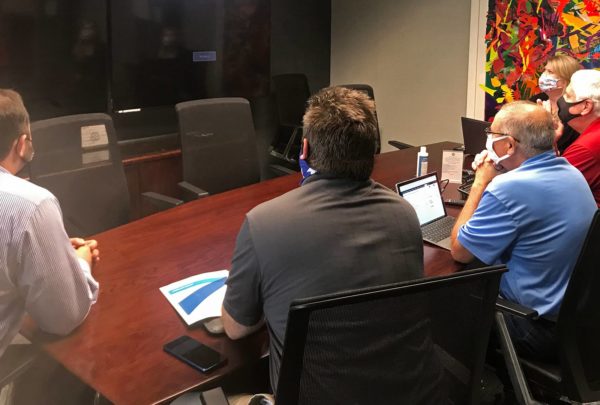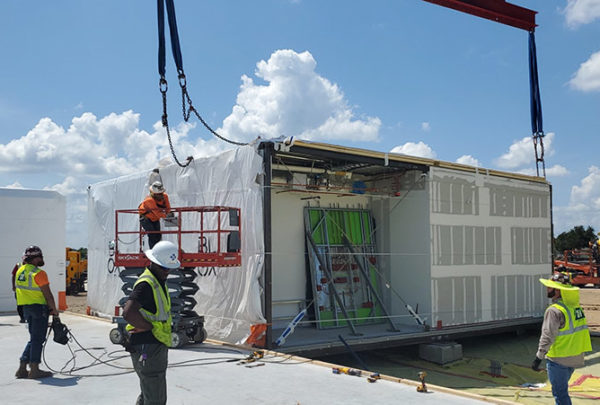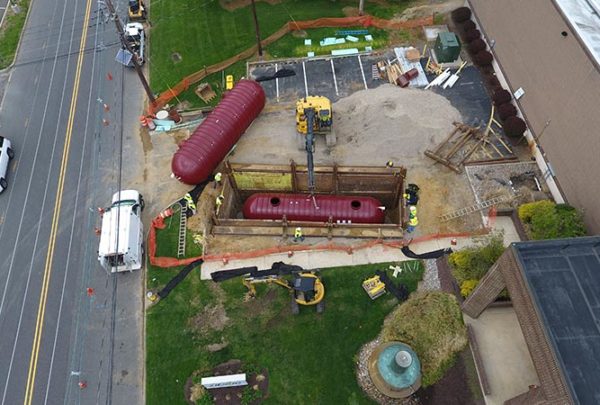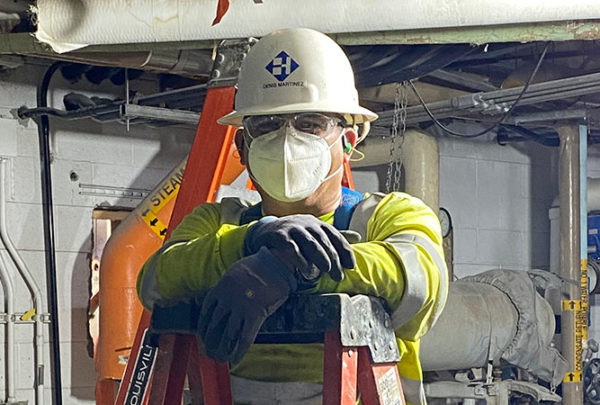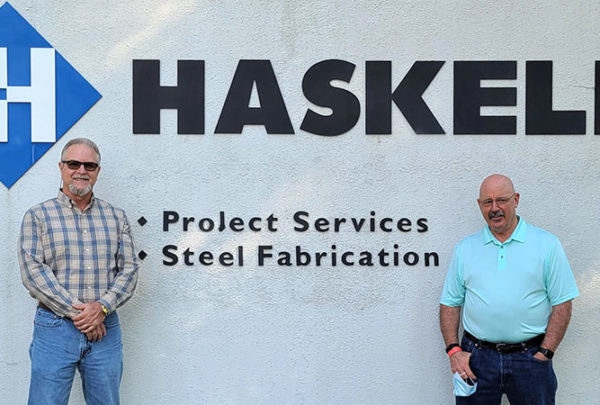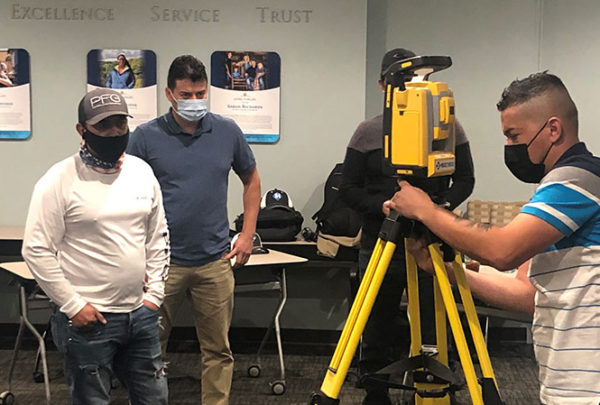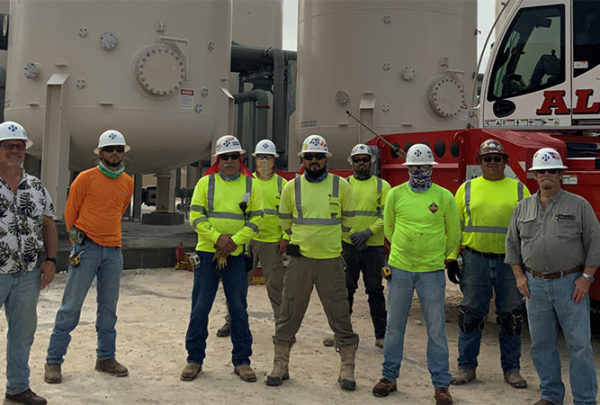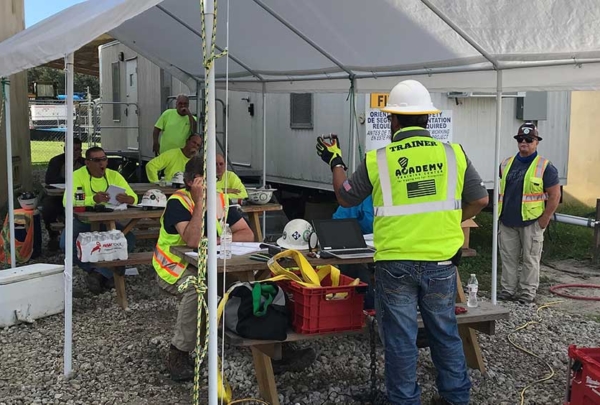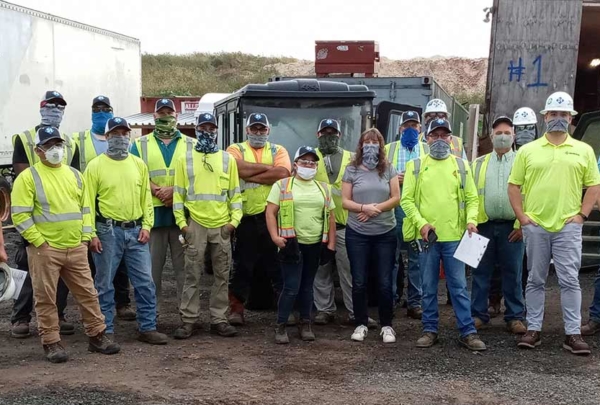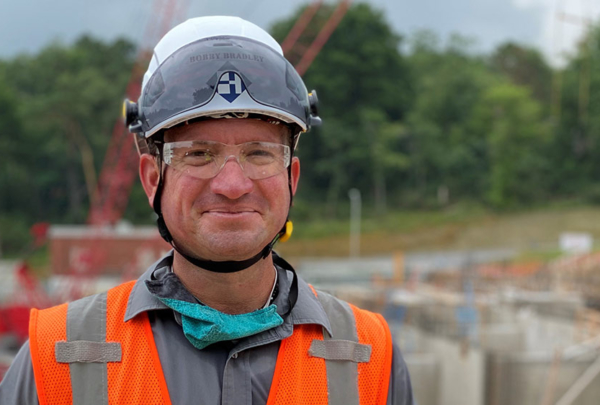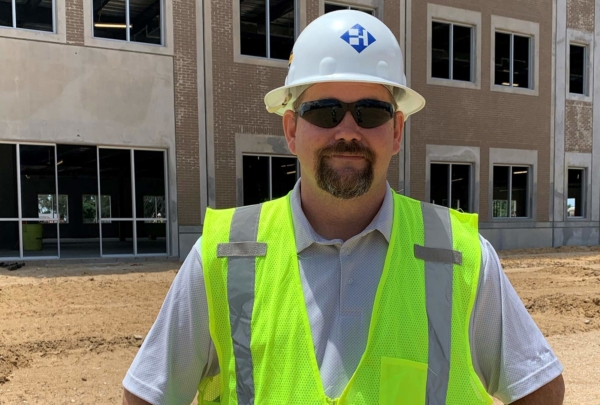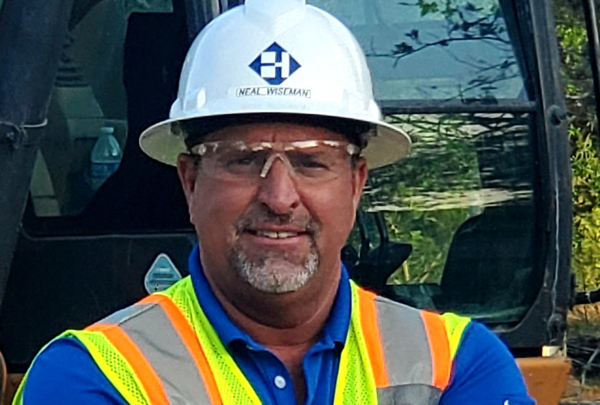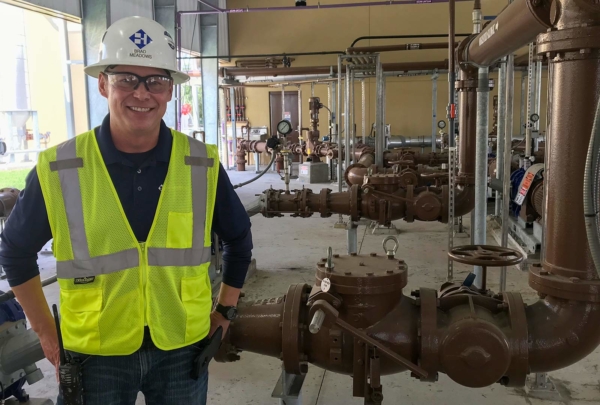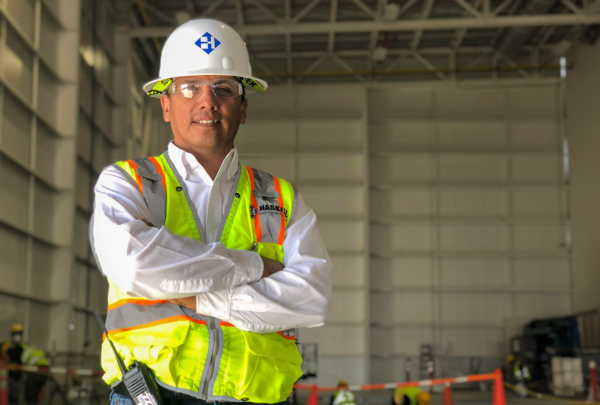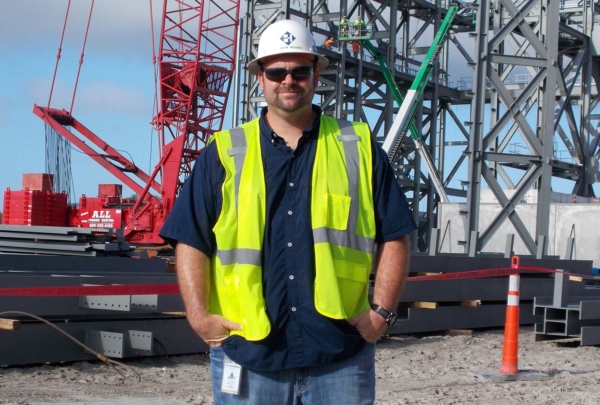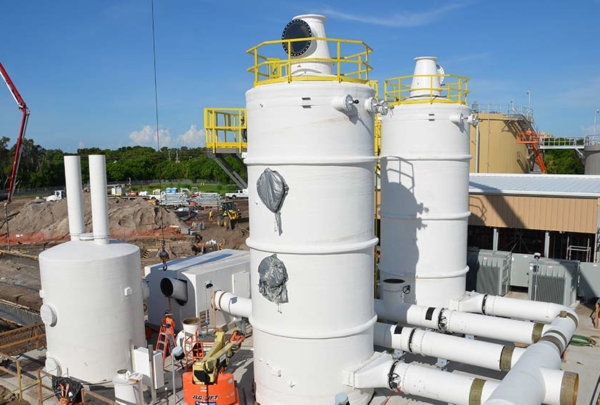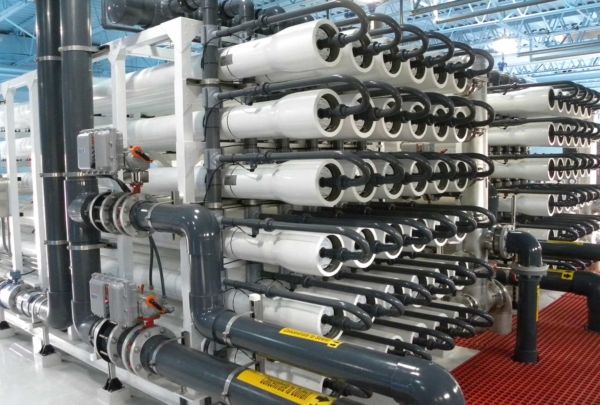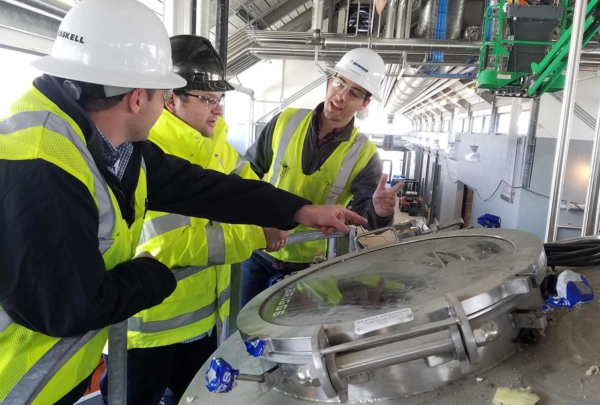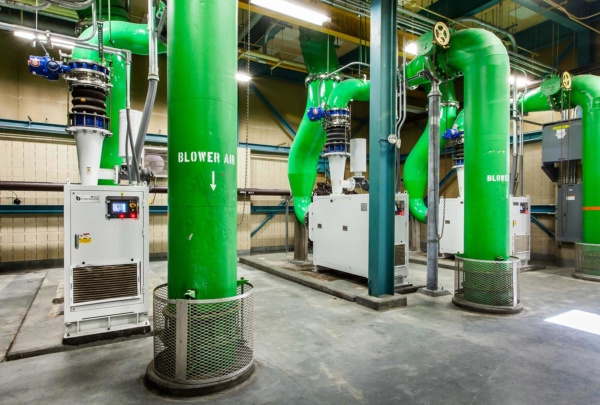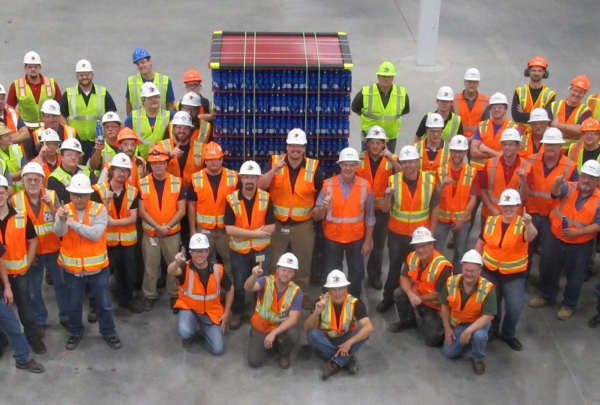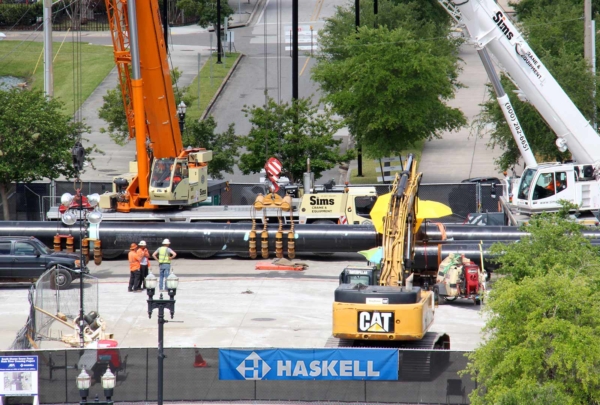In 1976, Haskell established its Permanent Craft Employee (PCE) program, extending full-time employment and company benefits to skilled tradesmen. In doing so, the company was able to provide stability to these professionals and elevate project standards.
Today, the group has exceeded 200 craftsmen – some selected for their potential, others for their expertise. Ultimately, these individuals become masters in their trades and play a foundational role in the safety, quality, and efficiency of the projects on which they work.
“We’ve got some of our PCEs that may have come directly out of high school through an apprenticeship program– come to work for us not knowing much about the commercial construction industry, and they’ve now grown up through it. We’ve also made local hires who have worked on our projects over the years a part of the team,” explains David Bates, Vice President of Construction Core at Haskell.
Haskell’s PCEs are integral to its ability to self-perform trades both in the field and behind the scenes. The company can self-perform scopes of work ranging from miscellaneous metals and process piping to carpentry – but perhaps most notably, concrete work and steel fabrication. Haskell’s Steel Fabrication Unit has been certified by the American Institute of Steel Construction for more than 10 years, and skilled PCEs within the unit can produce every piece of steel necessary to complete a project.
A key milestone in any job is completing the external structure so that teams can begin working inside the building. Self-performing both steel fabrication and concrete structure allows Haskell to control these crucial first stages of the project.
On the front-end, a sound structure is essential to both the safety and quality of the project, and in both regards Haskell’s PCEs set the bar high. This level of safety and quality is Haskell’s priority throughout the life of any project, thus company leaders recognize when outside expertise is necessary.
“If there are specialized scopes of the project that we’re less familiar with that requires specialized equipment, and tools that we wouldn’t commonly utilize, we would look to subcontract those elements out,” Bates said. “There may be a remote location where we don’t have resources available. Not every project is the right fit for self-perform. The vast majority of them are, but we’re smart enough to recognize when it’s not.”
With a core group of highly skilled and adaptable PCEs in the driver’s seat on a project, Haskell can control the pace and lower costs without sacrificing safety or quality. As experts in their trade, Haskell PCEs ensure the integrity of any self-perform project.
“Things can change at a moment’s notice,” Bates said. “Our Self-Perform capabilities allow us to adapt to that much faster than somebody who is not used to working in that environment. Our guys are used to being flexible and keeping the project on schedule.”
In the Wastewater Treatment sector, projects require highly specialized professionals to construct complex components, giving Haskell’s PCEs the opportunity to showcase the vast benefits of the company’s self-perform capabilities. For example, on the Southwest Water Reclamation Facility in St. Petersburg, Florida, PCEs self-performed components of the project including concrete and earthwork as well as process mechanical and miscellaneous metal scopes of work.
The project manager, Josh LeFevre, lauded the capability to do so, emphasizing the role of PCEs in “helping Haskell drive the schedule and dictate the quality.” He went on to explain that the expertise with which Haskell employees self-perform leads the company to “do the work themselves wherever possible.”
Haskell is not the only firm self-performing work in the construction world; however, the company sets itself apart from others by doing so with its Permanent Craft Employees. The PCE program is uniquely valuable, as full-time tradesmen who are experts in their crafts elevate the level to which Haskell can self-perform.
“Over the years,” Bates said, “we’ve built up a group of folks that we know can do it better than most, we know can do it safer and more efficiently than most, therefore we pair up those specific teams together to go out and tackle projects.”






